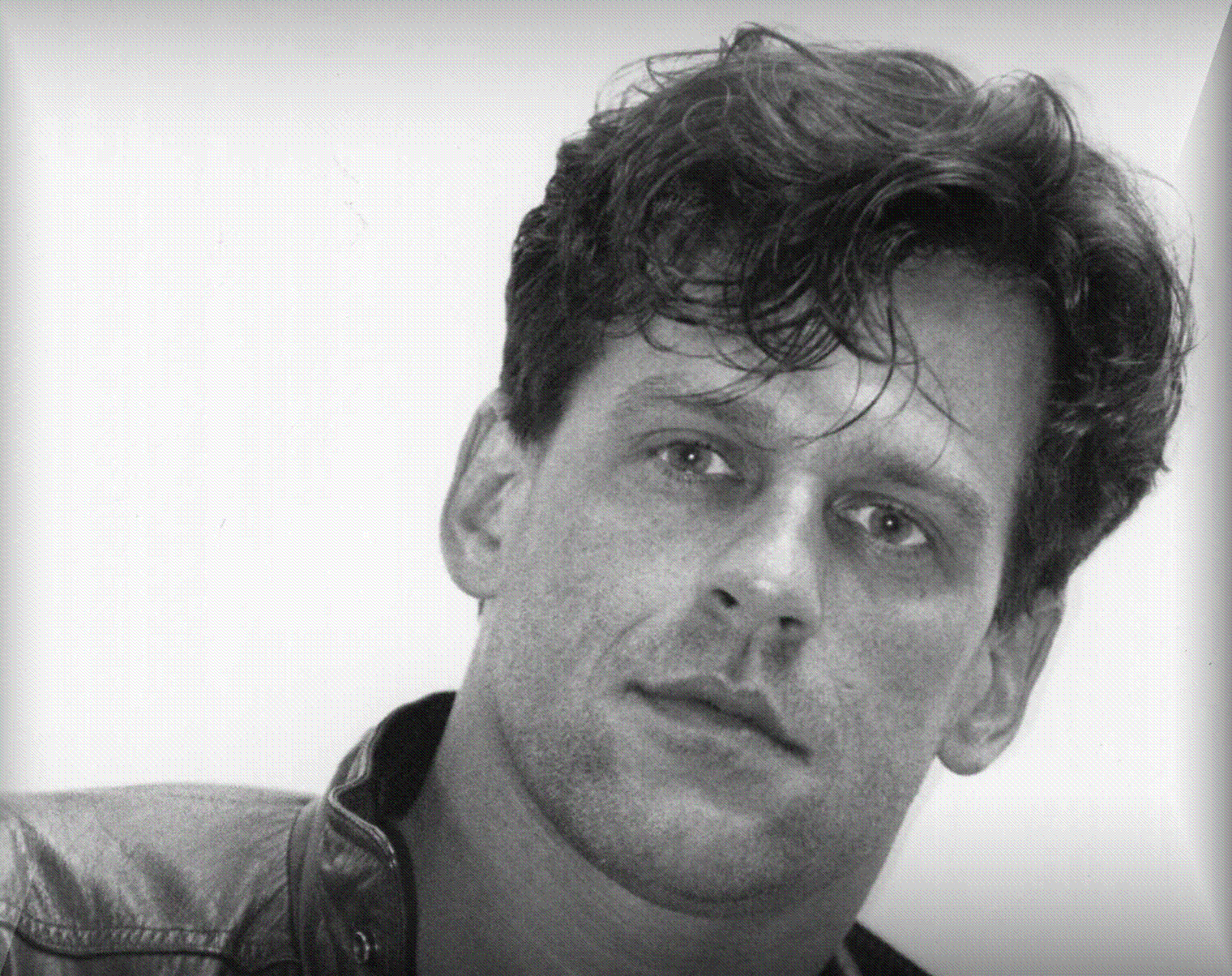“It is not the strongest of the species that survives, nor the most intelligent that survives. It is the one that is most adaptable to change.” Charles Darwin
When we are aware of change we can evolve with it, rather than against it. Ron Heifetz, identified two types of change: technical and adaptive. Technical change requires tactical skills to transition, practical intelligence related to the needs. While these are not always simple, they are the easiest. Adaptive change efforts are the most difficult changes.
Not surprisingly, adaptive change engages one’s mind and emotions. Conscious awareness, choice and behavior are key to effective adaptive change. These require new knowledge, new personal abilities, and productive relationships. Heifetz established six principles for adaptive change: 1. Gain a big picture perspective, 2. Identify the adaptive change, 3. Regulate distress, 4. Maintain disciplined attention, 5. Be part of the change, 6. Hear all voices including those of dissenters.
The lesson from this brief overview is that change is not just about influence and leadership. Adaptive change skills are equally important. Adaptive change is not an amorphous concept. Guidelines, coach and training assist change agents in their efforts to balance technical change with adaptive change.


